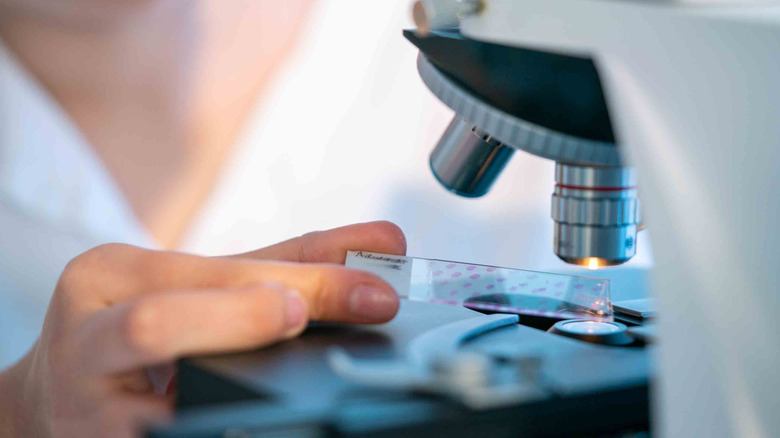This Popular Vitamin Might Slow Down Aging
Although scientists have yet to discover how to turn back time, recent research has provided some very promising insights into the science of aging. We know that humans start aging more quickly after 50 years old, but there are numerous ways to slow it back down, including senior-focused tai chi. Now, a new study suggests that a simple vitamin supplement may also slow down the aging process.
A 2025 research study published in The American Journal of Clinical Nutrition has revealed that vitamin D may help protect chromosomes from degrading over time. The team devised a double-blind experiment in which over 1,000 adult participants were given either a placebo or a daily dose of vitamin D3 over the course of five years. The results showed that those who received the supplements had better-preserved telomeres, the structures that protect chromosomes from damage, than those who received the placebo. The researchers also studied the effect using marine n-3 fatty acids (fish oil supplements), but only the recipients of vitamin D3 showed signs of slower aging. It seems 2,000 IUs of vitamin D3 is the key.
While the study was the first of its kind in several ways, scientists have known for a while that vitamin D has a strong impact on aging. A 2023 paper by Italian researchers, published by the International Journal of Molecular Sciences and titled "Vitamin D as a Shield against Aging," summarized the findings nicely. According to numerous studies, maintaining sufficient vitamin D levels has been demonstrated to reduce the risk of inflammation, vascular aging, age-related diseases like cancer, and cellular damage. Not all the mechanisms are fully understood yet, but it's clear that insufficient vitamin D levels speeds up the aging clock.
Slowing down aging is (mostly) about maintaining healthy cell division
Most people think of aging as a sensory-based phenomenon. We can see our faces develop wrinkles, and we can feel our knees getting sore more often. There's even a specific "old people" smell that we develop upon entering old age. But biologists that study aging look deeper. In 2013, a team of European scientists defined the nine "Hallmarks of Aging" in a study published in Cell, which include genomic instability, epigenetic alterations, mitochondrial dysfunction, stem cell exhaustion, and telomere attrition. Such terms aren't familiar to most people, but they all share one thing in common: They occur at the cellular level.
That last hallmark of aging on the list, telomere attrition, is exactly what the 2025 study of vitamin D investigated. It appears that having insufficient vitamin D levels wears down telomeres, the protective "caps" on the ends of chromosomes that prevent cancer (among other things). However, as important as telomeres are in maintaining healthy cell division, they have their limits. Every time a cell replicates, its telomeres shorten and lose some of their DNA. Thus, telomeres have been described as "biological clocks," since their length can give scientists a rough estimate of their owner's age.
Why insufficient vitamin D levels cause these "chromosome caps" to degrade more quickly is yet to be determined. The latest findings haven't identified the mechanism involved, but they do reveal a strong correlation between vitamin D deficiency and telomere attrition. It's also important to note that supplements aren't the only source of vitamin D. We use our skin, the largest organ in the human body, to synthesize vitamin D, so spending time outside (with sunscreen) might be the key to a long life. In any case, it's a good idea to keep those vitamin levels in check.

